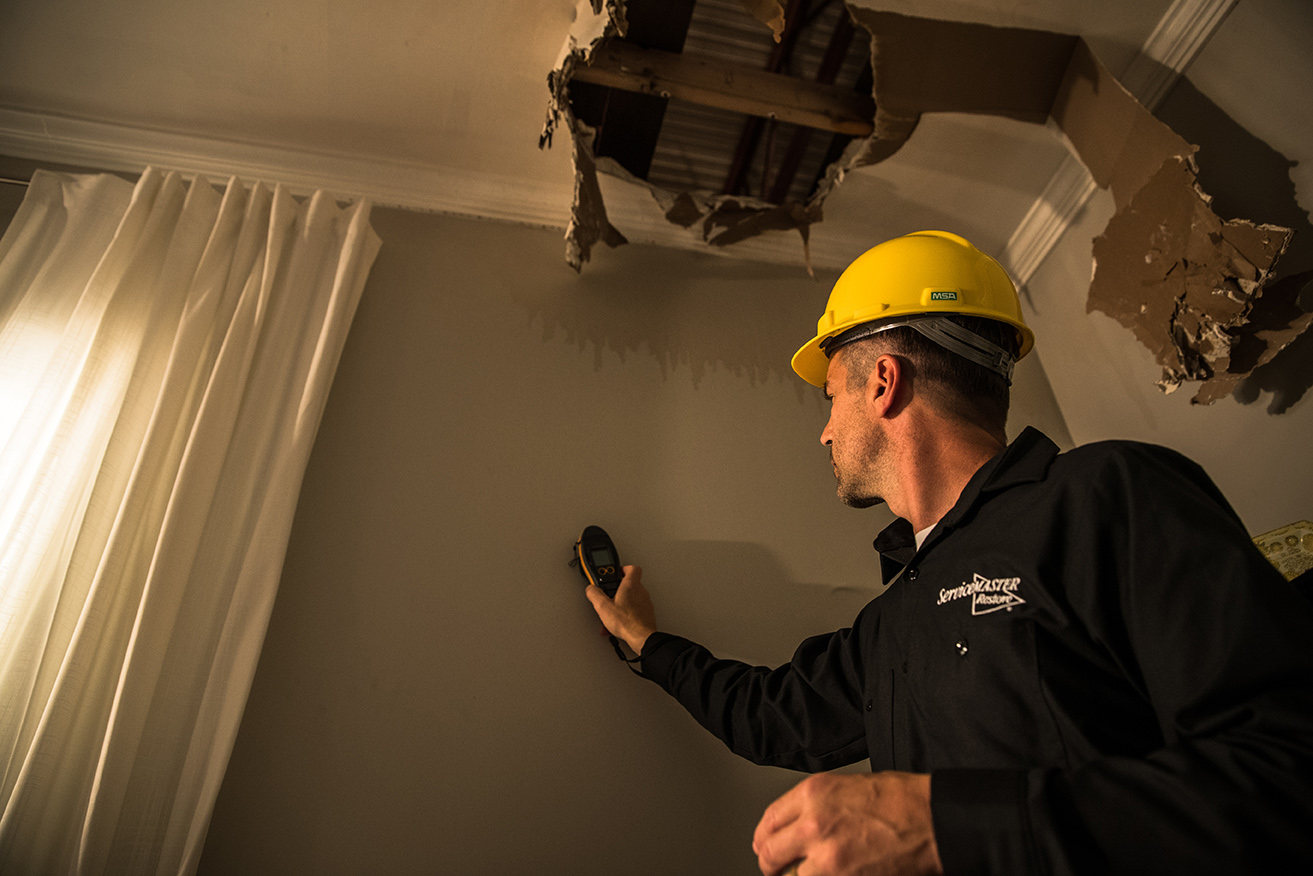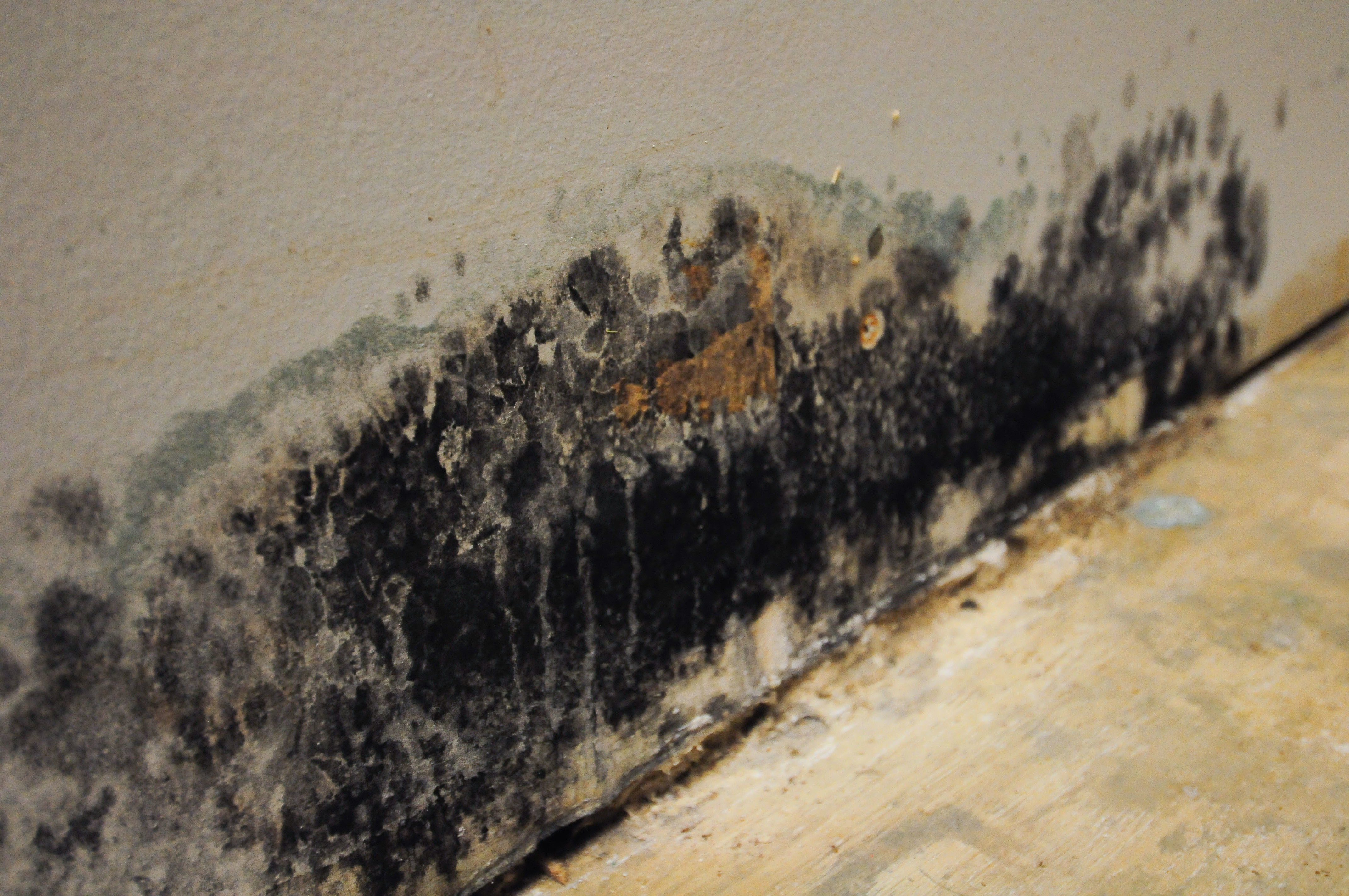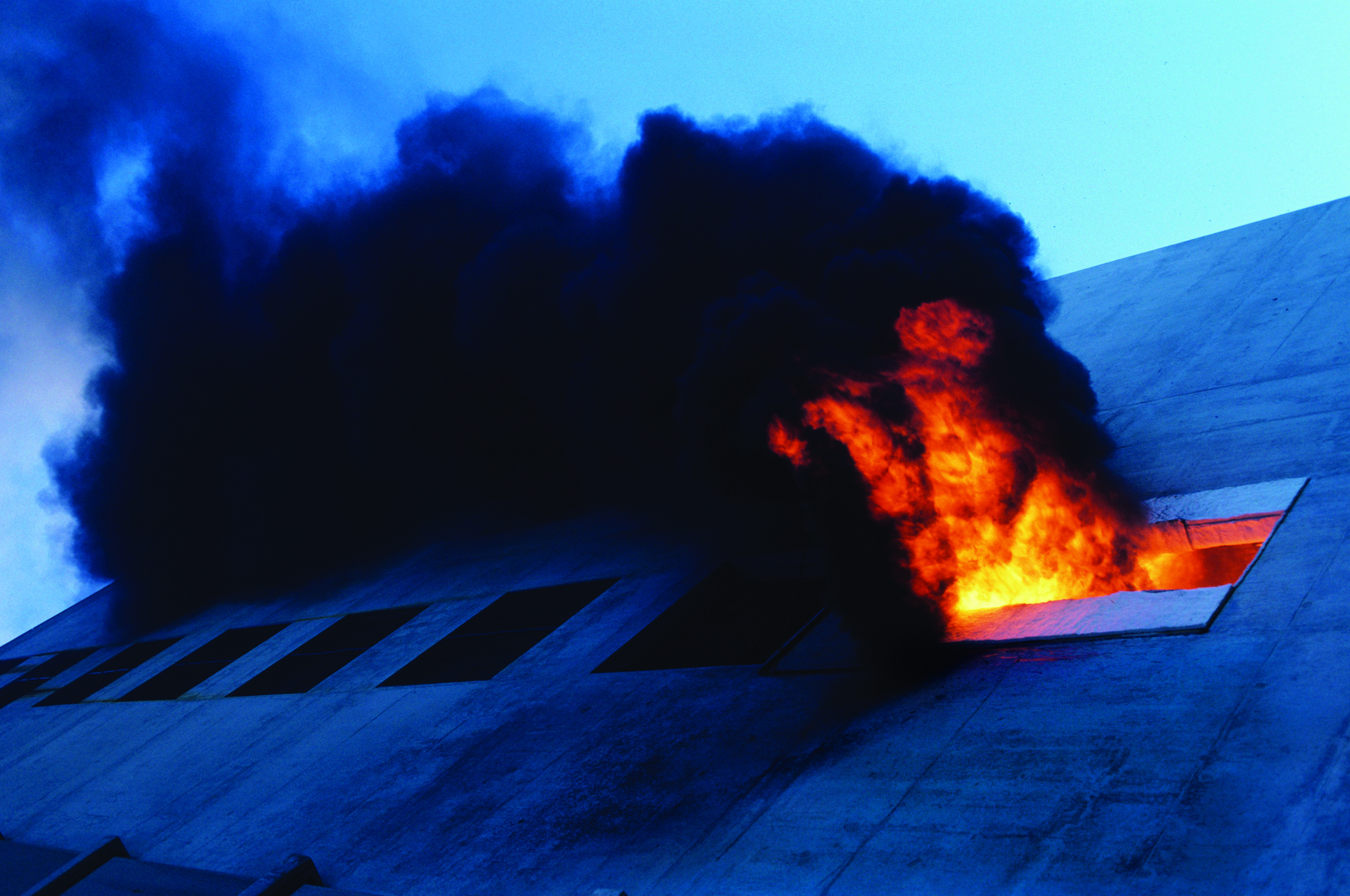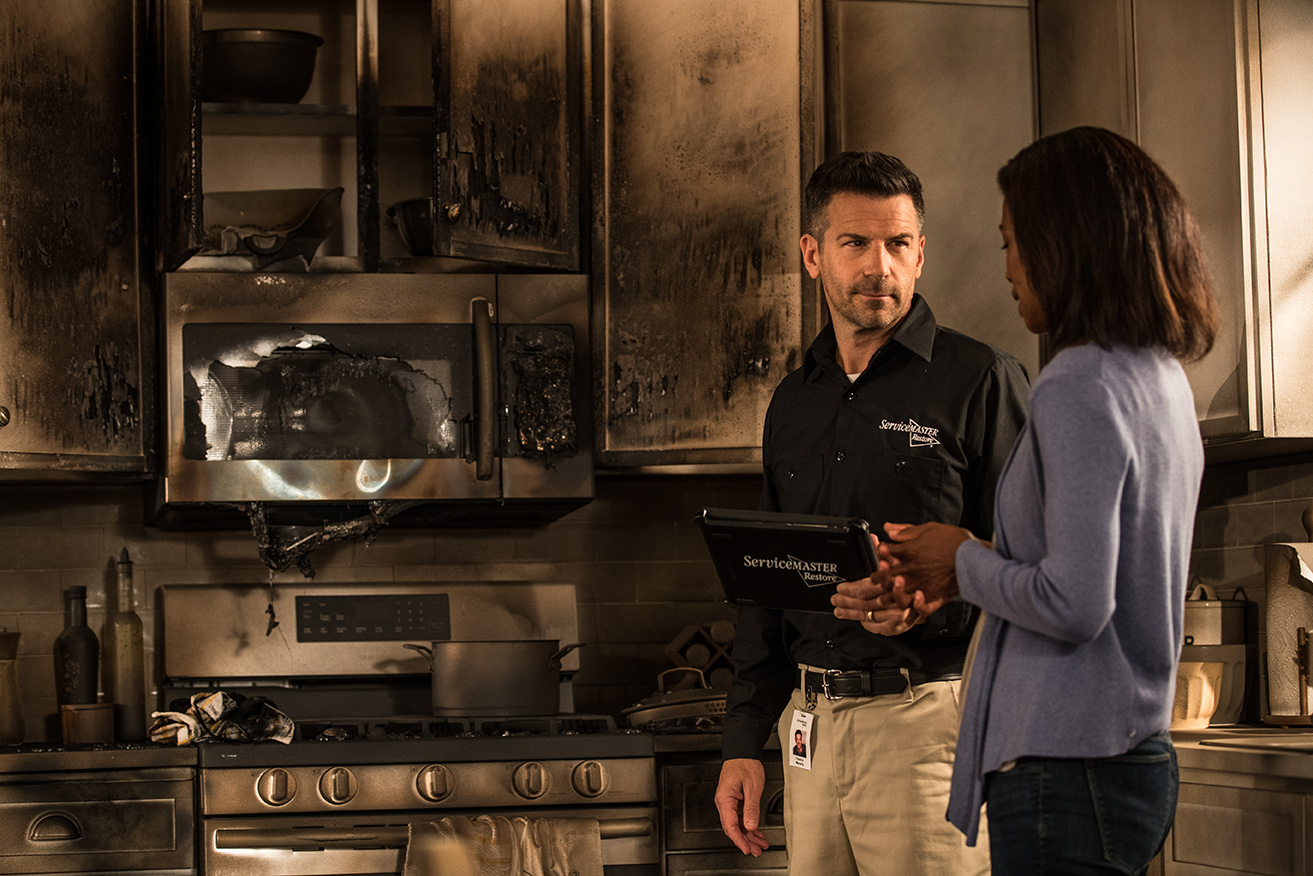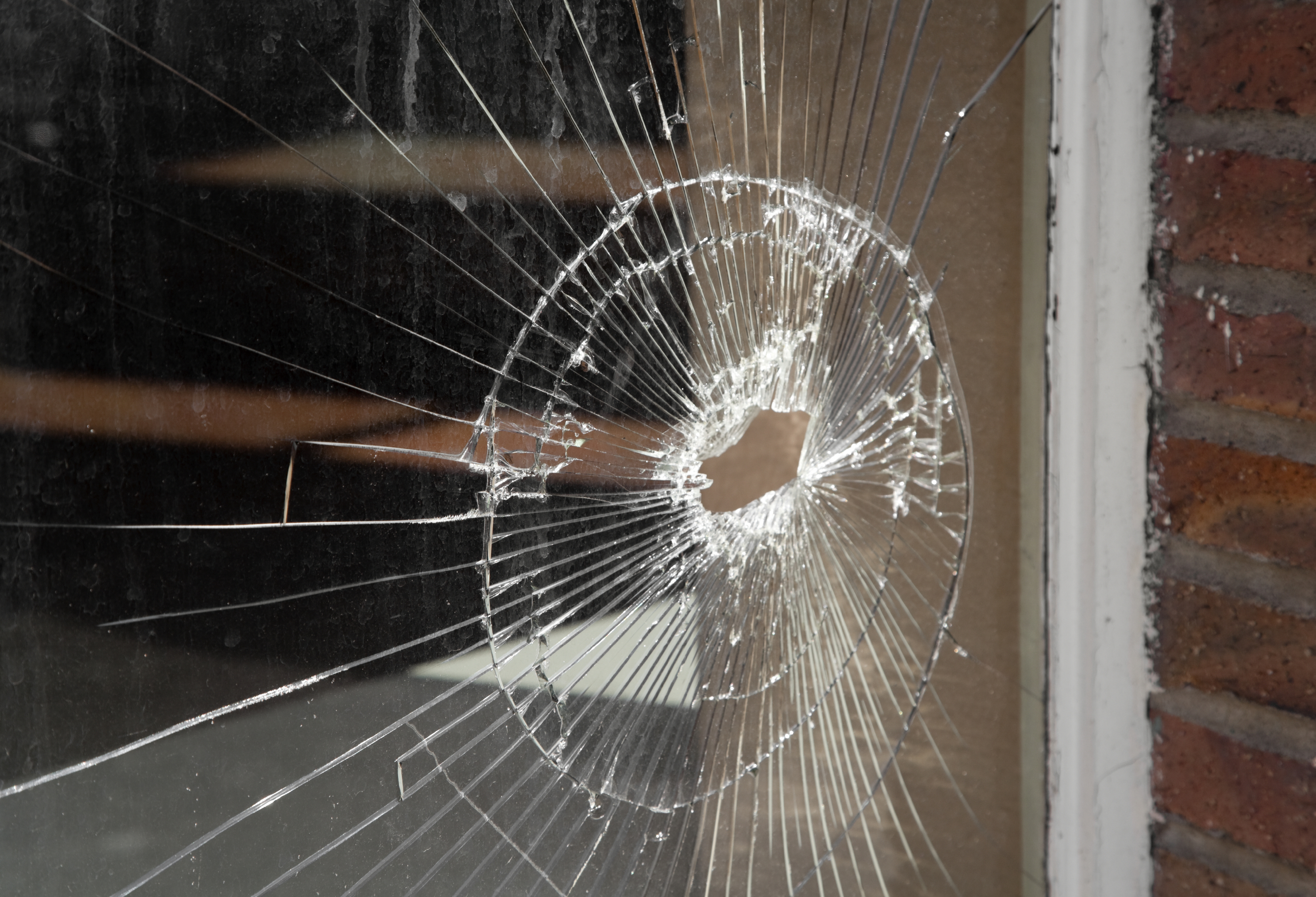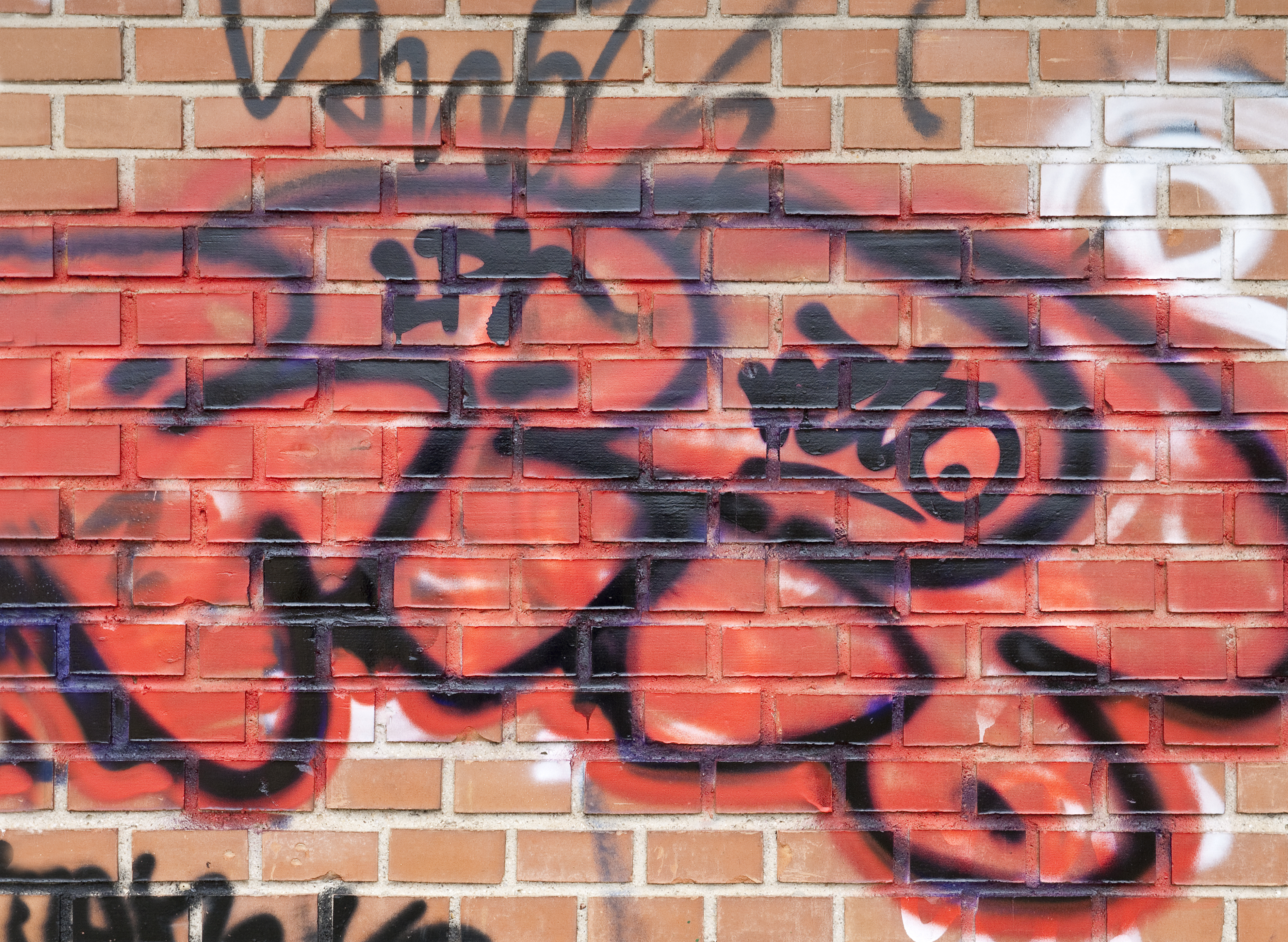THIS IS NOT JUST A HOUSE, IT IS YOUR HOME. AND, YOUR HOME MERITS THE FINEST PROTECTION AND CARE. SERVICEMASTER RESTORE CAN HELP YOU ACHIEVE IT. STARTING WITH EXPERT ADVICE FROM CANADA'S PREMIER RESTORATION COMPANY ON HOW TO IMMEDIATELY PREVENT MORE DAMAGE.
Should your home suffer the misfortune of damage from fire, smoke, or water, the first steps you take can be critically important. The actions you take, could dictate whether you face a simple cleanup or a costly and protracted restoration process.
Knowing when to call in a professional is one of the most important things when faced with the need for restoration services. Calling a professional can often save you time and money, and doing so gets your life back to normal faster.
With ServiceMaster Restore our highly trained and experienced professionals work promptly and effectively. Our mission is to return your home to normal as quickly as possible. We do the job right - restoring your home, and your peace of mind.
Here are helpful tips for dealing with common emergencies that happen daily in Canadian homes.

